Why You Shouldn’t Ignore Bleeding Gums

Are you seeing “pink in the sink” after you brush or floss your teeth? While a traumatic injury to the mouth can certainly cause the gums to bleed, it is also common to experience slight bleeding in these soft tissues after your daily oral hygiene routine. Bleeding gums can be an early warning sign of a more serious oral health problem that needs to be addressed. If you are sure you are not brushing too hard or flossing too aggressively, your bleeding gums may mean that you need to brush and floss more!
Is it Gingivitis?
Gingivitis is the first stage of gum disease, which begins when plaque is not removed from the tissues between and around your teeth. When not removed, the plaque hardens and irritates or inflames the gums. In result, the gums become very susceptible to bleeding when brushing or flossing. Fortunately, gingivitis can be easily reversed with better oral hygiene habits, or making sure plaque is properly removed each day. Ironically, the “pink in the sink” that you see after you brush or floss can be an indication you need to improve your technique and frequency.
Many patients falsely assume that because their gums bleed when they floss, they need to stop flossing. If bleeding gums are a result of gum disease, however, this can be a serious mistake. When gingivitis symptoms are ignored, patients may experience a progressive list of gum disease symptoms, starting with bad breath and receding gums and potentially ending with tooth loss.
Treating Bleeding Gums from Home
If your bleeding gums cannot be attributed to trauma or a loose tooth, you may consider gum disease as a possible culprit. Bleeding, red, swollen or tender gums can often be treated at home by stepping up your oral hygiene game. Brush for two minutes, twice a day with a fluoride toothpaste and soft-bristled brush. But don’t stop there! It is also imperative that you floss once a day to clean the hard-to-reach gum tissues in between your teeth.
If your bleeding gums persist or you suffer from other gum disease symptoms, please give us a call at the office of Dr. Wayne Suway.
Posted on behalf of
1820 The Exchange SE, #600
Atlanta, GA 30339
Phone: (770) 953-1752
FAX: (770) 953-6470
Mon - Thu: 8:30 AM – 5:30 PMClosed for lunch: 12:30 PM - 1:30 PM









